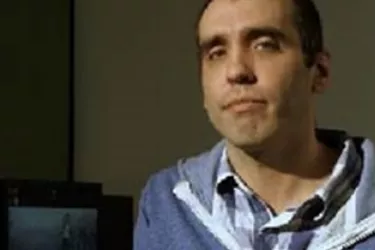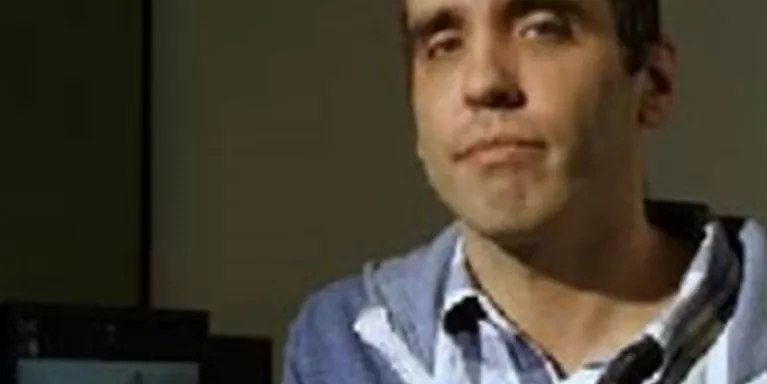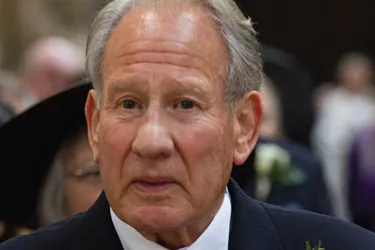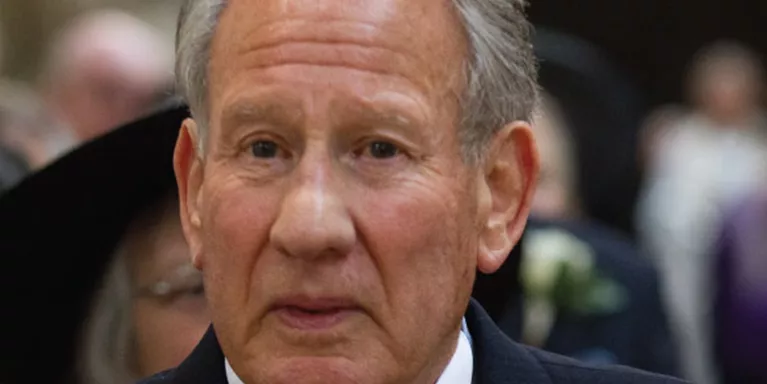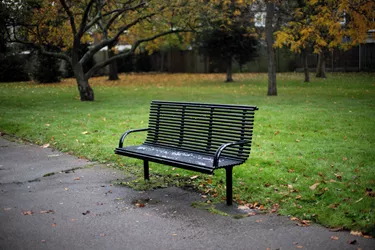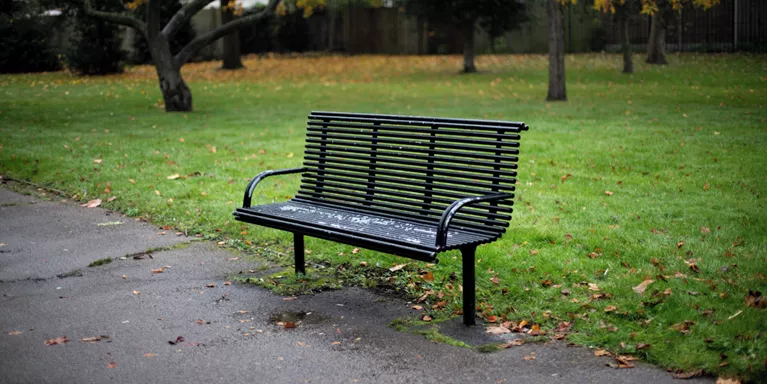Online support groups helped me when no one else was there for me
Craig blogs about his experiences of peer support through social media, and offers some tips for anyone seeking support online.
Peer support? What's that?
Well a definition I found on the interwebs says the following: “Peer support is a system of giving and receiving help founded on key principles of respect, shared responsibility, and mutual agreement of what is helpful.” Right? Erm ok....
"I would say that peer support is basically people coming together to discuss how they're feeling or to seek and give advice to others who are in the same situation."
I was a member of quite a few online groups while I was waiting for support from my Community Mental Health Team. One day, I was browsing through Facebook feeling pretty low. I was desperately trying to distract myself as well as learn some more about my condition, so I searched for Borderline Personality Disorder (BPD) and was really surprised at how many groups popped up.
I clicked ‘join group’ and then had to wait for anywhere between a couple of hours and a few days to be allowed to join. Most support groups are set to private and are quite heavily moderated (moderated means that someone looks at what people post so that the group remains a safe place, by picking up on things like trolls and advertising).
"I'll be honest, I had to go through a number of groups before I found one that I felt ok with and fitted in."
But once I did it was such a huge help. I found people I could talk to on a level. I found support and validation and met some really interesting and insightful people. I found them to be warm, welcoming, friendly and really helpful.
Equally, I also found that these groups have the potential to trigger you or bring you down if you're feeling vulnerable. When I was loaded up with my own problems, reading a constant steam of other people’s problems made feel worse. I couldn't face my own issues let alone read about someone else's.
However, the very same stream also helped me. So I would advise that if you're looking into non-professional online peer support then do so. But also look after yourself. If you’re feeling up to it, also reach out and offer support to others, where you can and in a safe way.
"That shared experience of helping someone you don't know and having them open up to you is a wonderful, life affirming experience."
For me, this experience empowered me. It helped to see my own issues reflected back to me and I started taking my own advice. I learned a hell of a lot and, to this day, I am grateful to the people that I helped as well as the people that helped me.
I can honestly say that online support groups helped me when no one else was there for me. I am no longer involved in online peer support groups but that's not to say that I still don't help people online.
It might be a kind word, a compliment, encouragement, a funny or supportive meme or even just an inbox conversation asking them about their day after seeing a sad tweet or status update.
"It's nice to be nice."
I believe it's kindness, not money, that makes the world go round. Some golden rules:
1) You're not a counsellor, a benefits adviser or responsible for anyone other than yourself.
2) If you find that you're getting upset by what you read, log off and take a break. Your sanity comes before anyone else's.
3) Have fun, find support, make friends and mainly, and I do mean this from the bottom of heart, never give up.
Never give up on yourself. Life is rough, life is unfair but life can be beautiful too. If you never give up, you may find that day when the smile comes back on your face.
And when it does come back, for the first time in however long it’s been, you will notice, look back on your experience and find a surge of inner strength that will carry you through for some time.
Find out more about peer support online
Do you think you would find talking to people online about your mental health helpful?
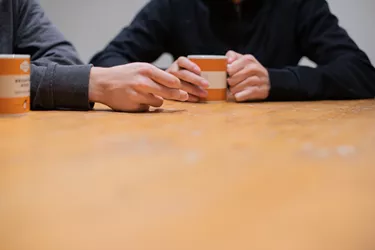
Learn about our online community

Information and support
When you’re living with a mental health problem, or supporting someone who is, having access to the right information - about a condition, treatment options, or practical issues - is vital. Visit our information pages to find out more.
Share your story with others
Blogs and stories can show that people with mental health problems are cared about, understood and listened to. We can use it to challenge the status quo and change attitudes.










